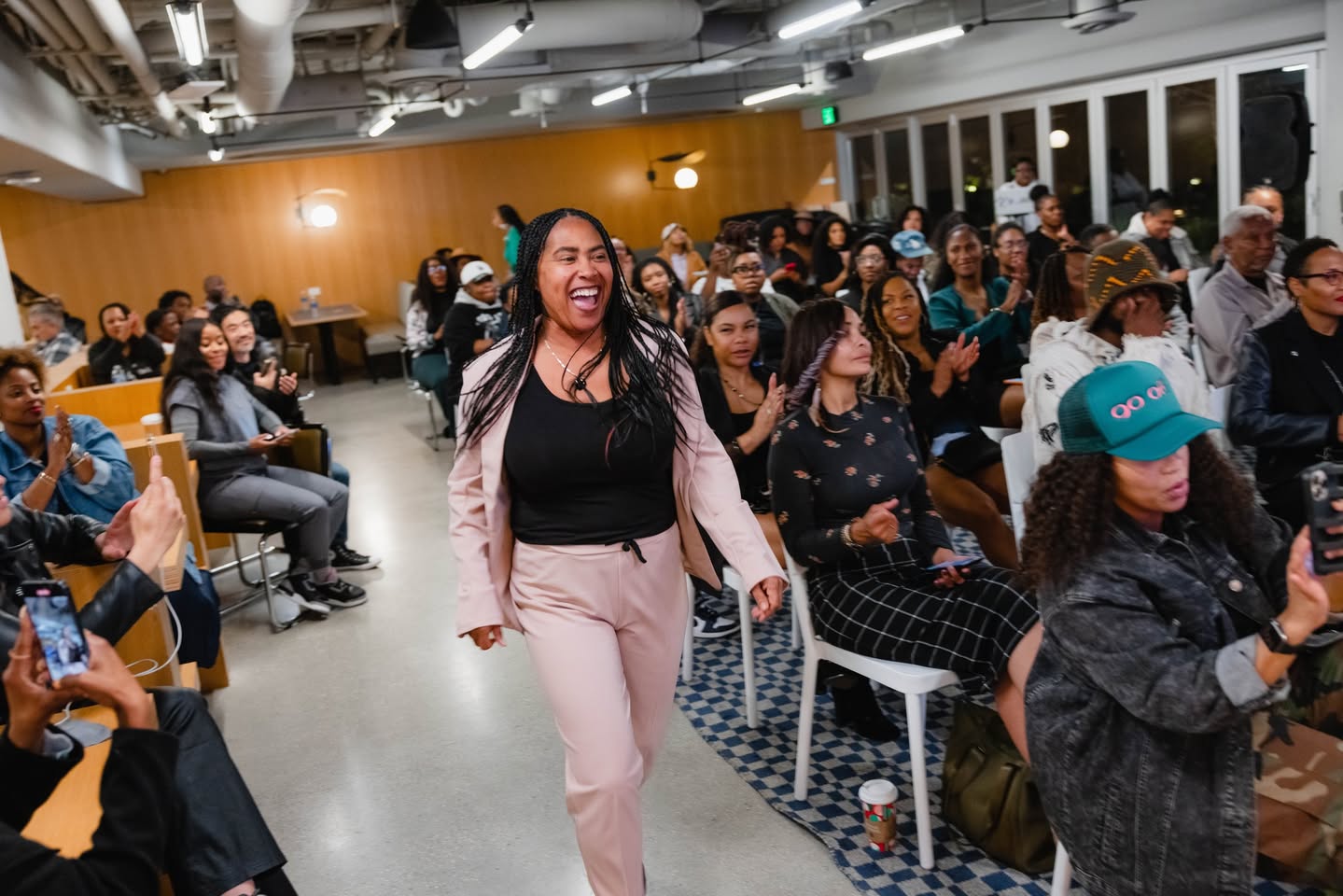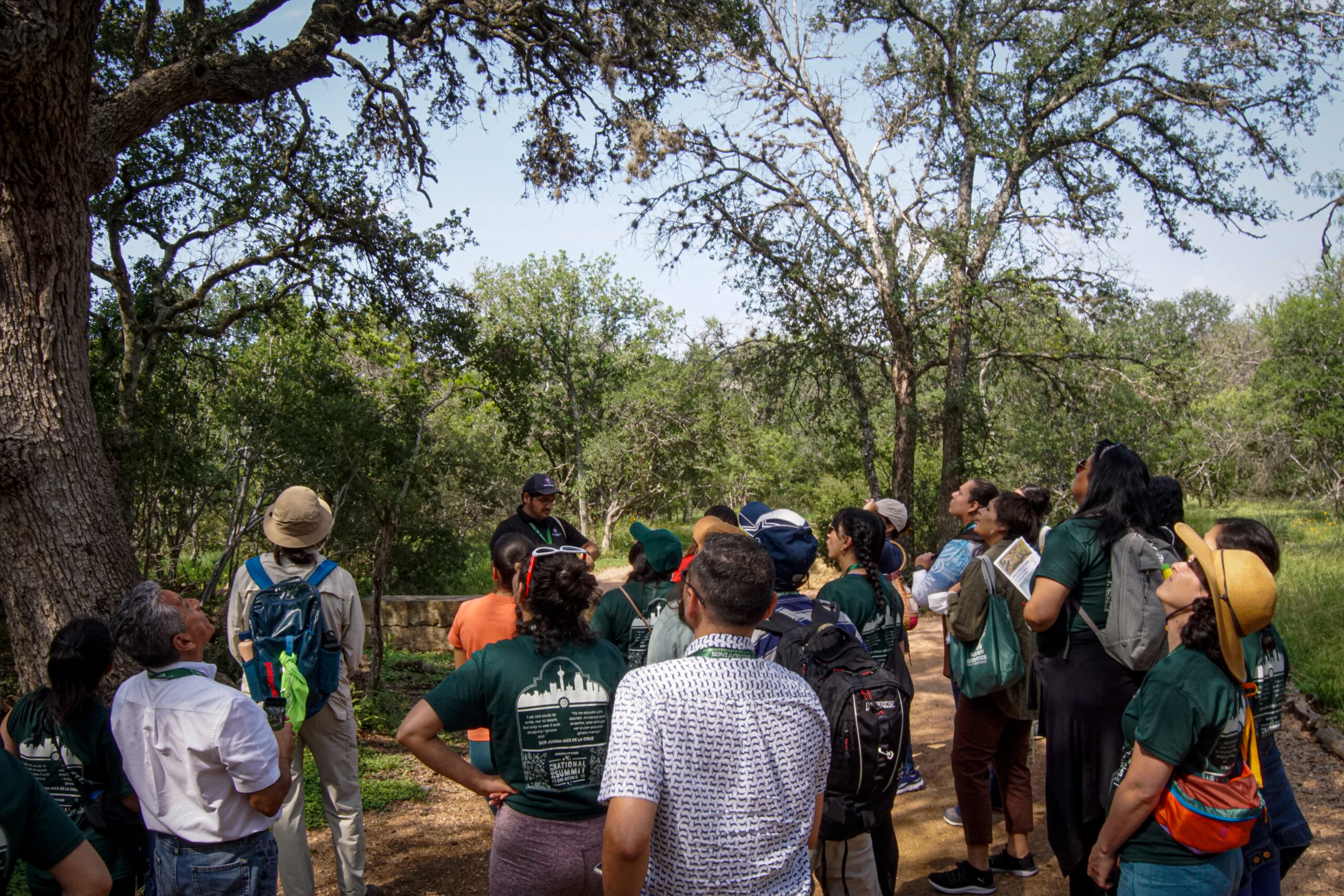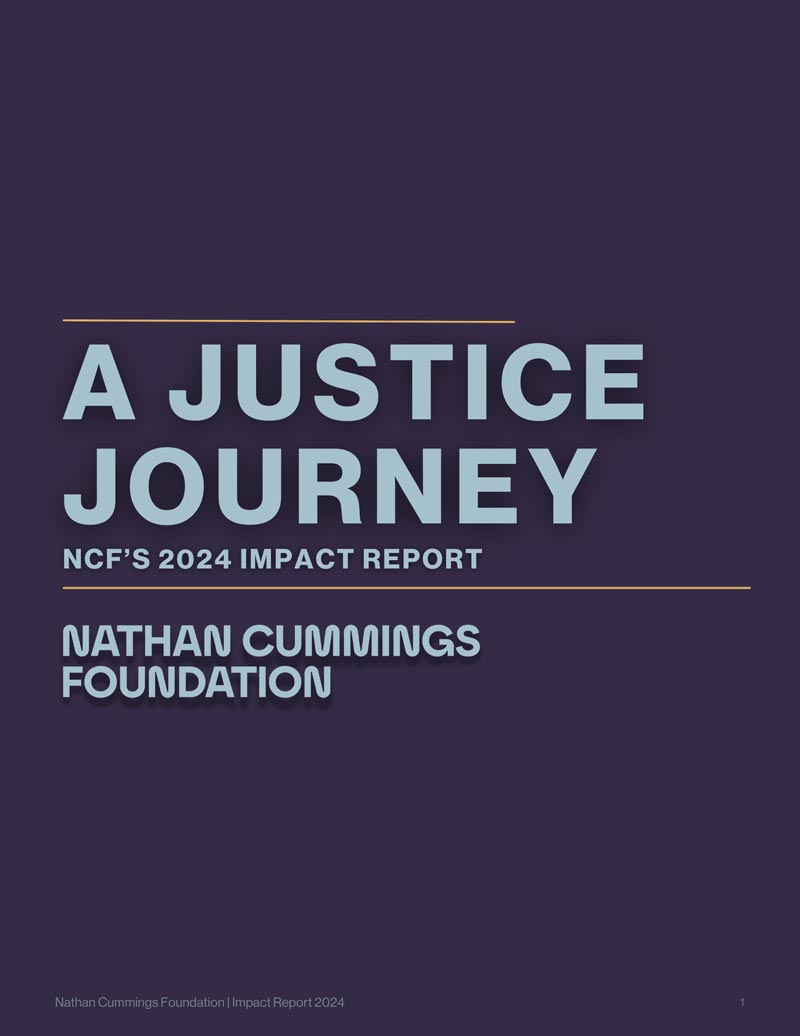Economic justice means that everyone has opportunities to participate and thrive in the economy, including those who are marginalized by our current economic systems. The principles of economic justice create a stronger economy because prosperity and equity go hand in hand.
We’re looking for innovative approaches that remove barriers to economic justice and level the playing field so people can compete on an equal footing. We want workers, consumers, small businesses, and communities to have more agency when it comes to the economic factors impacting their lives.
NCF will continue to fund nationally, but has focused 40% of our assets on work in or focused on the U.S. South. Learn more here.



